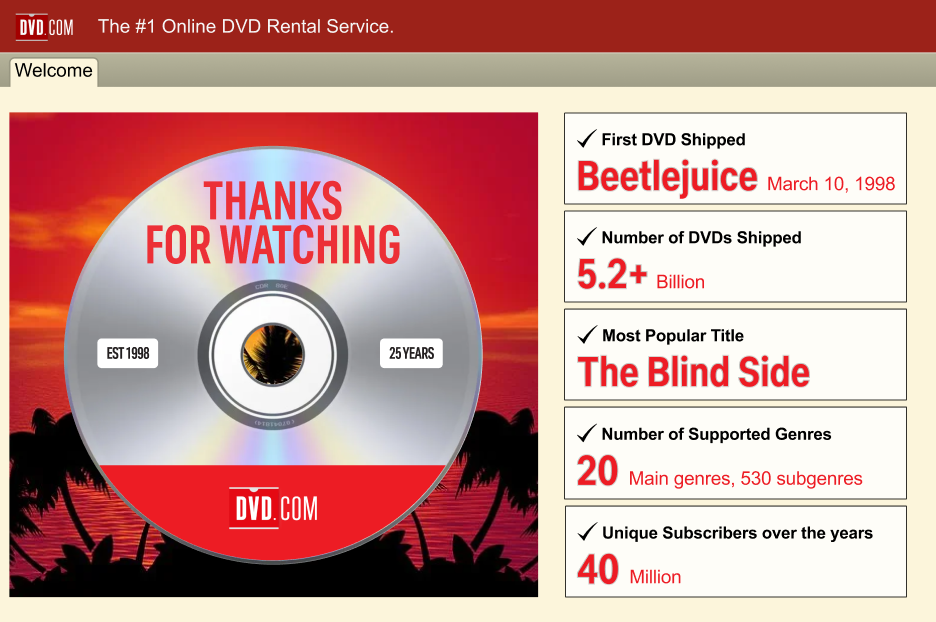Netflix password sharing clampdown is coming to the US

Sharing your Netflix password with your parents might soon be as costly as buying your own membership.
On April 18, Netflix announced that its DVD.com, the service sending DVDs to customers by post, will “wind down”. Final disks will be shipped on September 29, 2023. The fact that Netflix is still running a DVD rental service may surprise some people, but its official end date does feel like the end of an era.
The ubiquitous streaming service began as something like an online version of Blockbuster, the iconic film rental company that ruled the VHS era. But Netflix has evolved with the internet to become the monolith of entertainment that it is today.

Source: Netflix
Sharing Netflix passwords only possible if you live together
In other news at Netflix, a “broad rollout” of the password sharing crackdown that began in 2022 is set to begin in Q2 of this year. The company has already tested the “paid sharing” plan in some countries and will expand into the United States.
Netflix stated that it lost almost a million subscribers between April and July worldwide last year. And one explanation for the reduction could be that subscribers are feeling the financial pressures of the increased cost of living and cutting back on their recreational expenditure as a result.
Forbes reported that between October and December 2022 there was a decline in subscriptions to streaming services in America. This is notable because the period would usually see a rise. It seems like charging customers more would present a risk to profits, but so far, testing has shown positive results.
Netflix said it was pleased with the effects of the new charges when implemented in Canada, New Zealand, Spain, and Portugal earlier this year. In Canada, paid sharing created a larger Netflix membership base and an acceleration in revenue growth.
A “cancel reaction” is expected when the new fees are implemented, but added revenue can be expected long-term.
The new rules will prevent multi-household account sharing, requiring customers who share an account to pay for an additional member. In Canada, the cost of an extra member is $7.99 CAD, roughly $6 USD.
The price comes per person and existing customers can add up to two additional people to their account. Supposedly, by the time the third child moves out, the eldest will be able to pay for their own Netflix account.
The added cost will provide each user with a profile, personalized recommendations, login, and password. There’s also the option of a profile transfer, whereby existing customers in different households can make their own separate, paid account without losing their personalization.
Apparently, more than 100 million households are sharing Netflix accounts, impacting its ability to “invest in and improve Netflix” for paying members. Under the new subscription rules, users of the site will need to establish a primary location. Subscribers not at the location will not be able to use the account, or at least will have to check back in on a regular basis.
There are allowances for second homes and travel, requiring users to open the Netflix app at the primary location at least once monthly. It’s still slightly more portable than cable TV, but there’s a definite risk that the use of streaming platforms will drop.
But hey – a DVD’s location can’t be monitored! Here’s to a long summer of portable disc players.









